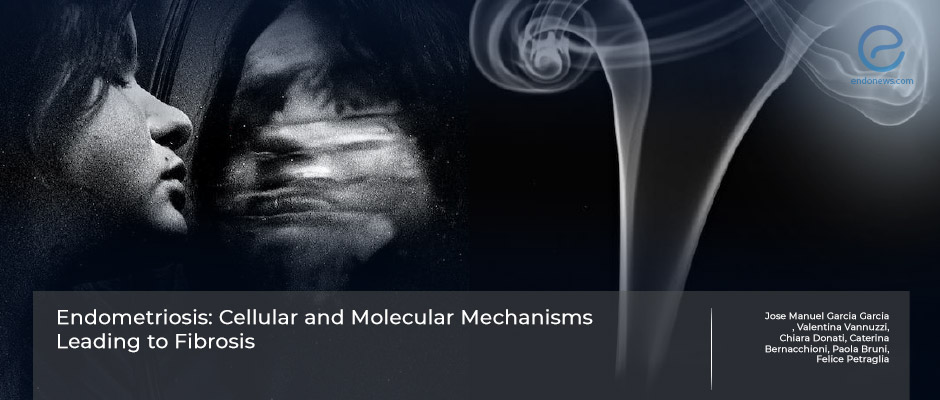Molecular and cellular mechanisms of fibrogenesis in endometriosis
Endometriosis lesions are characterized by endometrium-like cell proliferation, invasion, and oxidative stress associated with inflammation and neoangiogenesis. Fibrosis, which occurs due to these events, causes chronic pelvic pain depending on the location and the severity of endometriosis. For the purpose…
Key Points Lay SummaryNew Signaling Pathway Could Be Crucial in the Development of Endometriosis
RAMP1 signaling is crucial for growth and blood and lymphatic vessel formation in endometrial tissue, according to a new study published in the Journal of Cellular and Molecular Medicine. This suggests that blocking RAMP1 could be a new way to…
Key Points Lay SummaryMenstrual Effluent Can Change the Future of Endometriosis
During Endometriosis Awareness Month, Warren et al. published a paper entitled “Analysis of menstrual effluent: diagnostic potential for endometriosis” in Molecular Medicine. This paper relies heavily on the theory of retrograde menstruation, where menstrual effluent flows into the peritoneal cavity.…
Key Points Lay SummaryEndometriosis and its pro-fibrotic nature.
Endometriosis is currently defined as the presence of endometrial epithelial and stromal cells at ectopic sites. However, with advances in disease knowledge, several vital issues challenge this old definition. Especially, endometrial stromal and glands have been shown to represent only…
Key Points Lay Summary
 By Selma Oransay
By Selma Oransay

 By Özge Özkaya
By Özge Özkaya

 By Kasthuri Nair
By Kasthuri Nair

 By Dr. Youngran Park
By Dr. Youngran Park